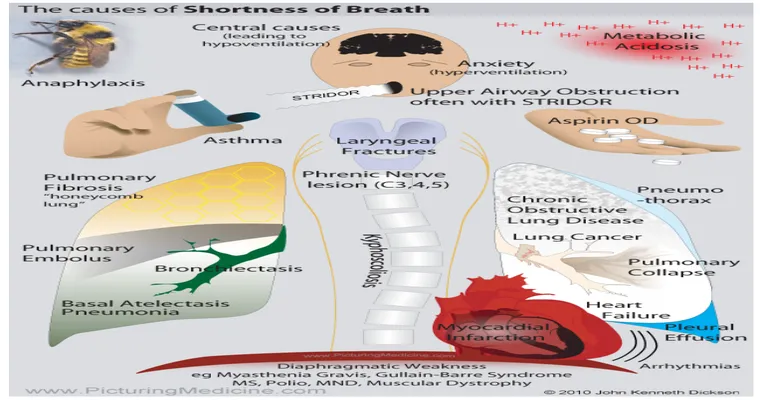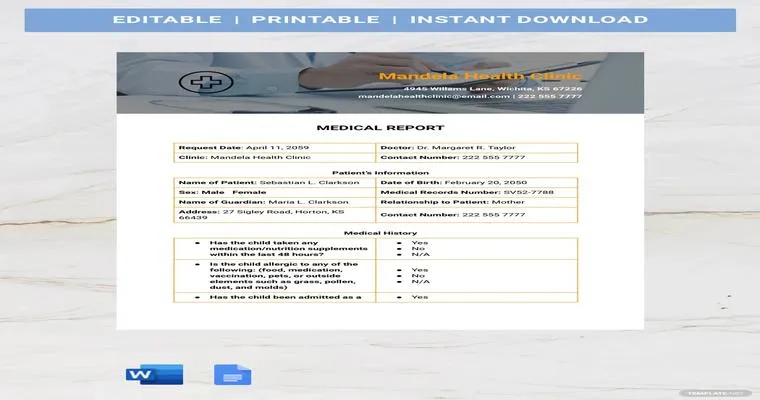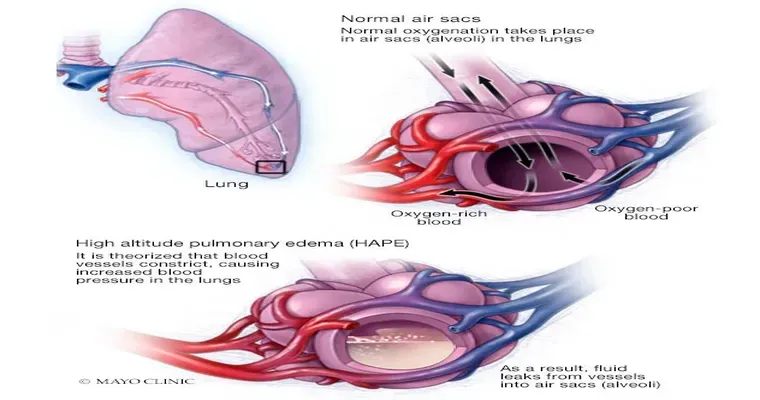Severe "muscle loss" and "flabby skin" can be distressing physical conditions that many individuals face due to various factors. Understanding what triggers these issues is essential for effective prevention and treatment. In this article, we will explore the causes of muscle loss and skin laxity, how they are interconnected, and what you can do to mitigate their effects.
One of the primary causes of severe "muscle loss" is a condition known as "sarcopenia", which refers to the age-related decline in muscle mass and strength. As people age, their bodies naturally lose muscle, making it vital to engage in regular physical activity to maintain strength. Additionally, sedentary lifestyles contribute significantly to muscle wasting. When individuals do not use their muscles regularly, muscle fibers can shrink, leading to a visible decrease in size and strength.
Another significant factor contributing to muscle loss is "malnutrition". A diet deficient in essential nutrients, particularly protein, can lead to decreased muscle synthesis. Proteins are crucial for muscle repair and growth, so inadequate intake can exacerbate muscle wasting. Furthermore, chronic illnesses such as cancer, diabetes, and kidney disease can lead to catabolic states in the body, where muscle tissue is broken down for energy, resulting in severe muscle loss.
"Flabby skin" often accompanies muscle loss, as the skin loses its elasticity and firmness without the underlying support of muscle. This condition can be exacerbated by rapid weight loss, which leaves the skin unable to retract and tighten properly. When individuals undergo significant changes in body weight, either through dieting or surgical procedures, the skin may not adjust quickly enough, leading to a sagging appearance.
Another crucial factor is "dehydration". When the body lacks adequate water, the skin can become dry and less elastic, contributing to a flabby appearance. Hydration plays a vital role in maintaining skin elasticity, so it is essential to consume enough fluids daily.
Hormonal changes, particularly fluctuations in "hormones" like estrogen and testosterone, can also impact both muscle mass and skin firmness. For instance, during menopause, women experience a decrease in estrogen levels, which affects skin elasticity and muscle maintenance. Similarly, low testosterone levels in men can lead to muscle loss and changes in skin texture.
Lastly, certain lifestyle choices, such as smoking and excessive sun exposure, can accelerate skin aging and contribute to a flabby appearance. Both habits damage the skin's collagen and elastin, vital proteins that help maintain skin structure and firmness.
In conclusion, understanding the causes of severe "muscle loss" and "flabby skin" can help individuals take proactive steps to mitigate these issues. Engaging in regular exercise, maintaining a balanced diet rich in protein, staying hydrated, and avoiding harmful habits can significantly improve muscle health and skin appearance. If you are experiencing severe muscle loss or changes in your skin, it is advisable to consult a healthcare professional for personalized advice and treatment options.





